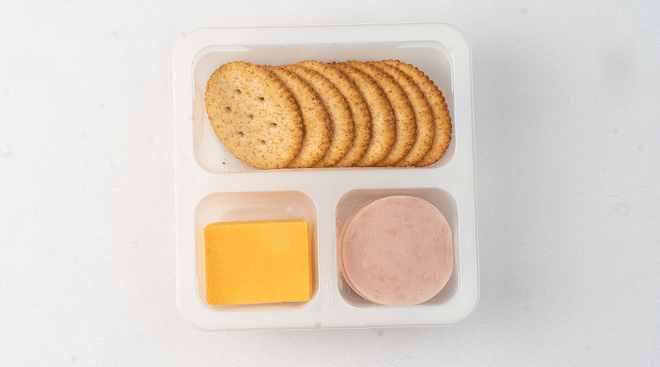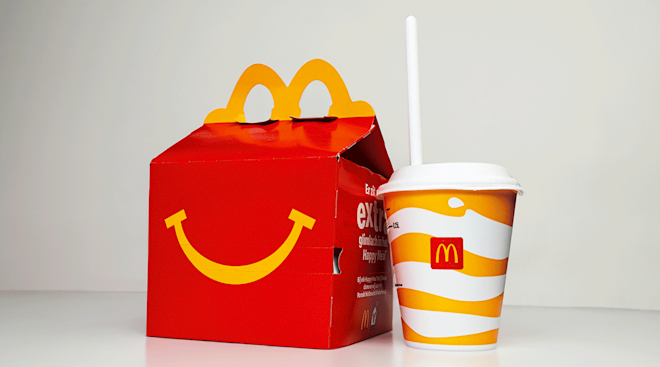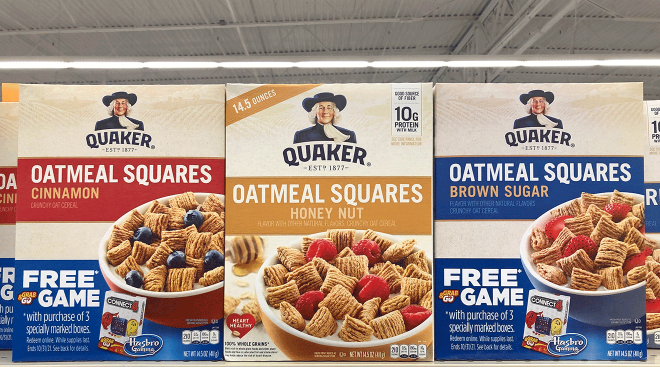AAP Releases Updated Guidelines on How to Prevent Food Allergies in Kids
The American Academy of Pediatrics (AAP) released updated guidelines on how to prevent food allergies in kids, encouraging parents to practice early intervention of what are thought to be highly allergenic foods, such as peanuts, fish and milk.
After reviewing all the available findings on the topic, experts say there is no convincing proof that delaying the introduction of allergenic foods for kids between 4 to 6 months old works in preventing food allergies. Instead, there is a lot of evidence supporting introduction of peanuts as early as 4 months old to prevent the development of a peanut allergy in infants who are at high risk because a close relative has a history of the allergy.
There are a bunch of immune system cells in the gastrointestinal tract. When these cells are given allergic proteins in foods early on in life and in frequent intervals, they become tolerant to them. In other words, there’s a specific time frame when being introduced to certain foods may help the body tolerate them. Typically, this window is when baby is between 4 to 6 months old, the AAP says.
The report also looked at whether breastfeeding protects against eczema, wheezing, asthma and food allergies, and found exclusive breastfeeding for the first three to four months of baby’s life was found to be protective against eczema. Breastfeeding beyond that time, even if it isn’t exclusive, was found to be protective against wheezing in the first two years of life and asthma in the first five years and even later. No conclusion could be made about breastfeeding and its effects on the prevention of food allergies.
Additionally, avoiding allergenic foods during pregnancy or during breastfeeding didn’t work in the prevention of allergic conditions, nor did the use of special hypoallergenic formulas.
Click here for more information on food allergies in babies and everything parents should know to help keep baby safe.
Please note: The Bump and the materials and information it contains are not intended to, and do not constitute, medical or other health advice or diagnosis and should not be used as such. You should always consult with a qualified physician or health professional about your specific circumstances.
Navigate forward to interact with the calendar and select a date. Press the question mark key to get the keyboard shortcuts for changing dates.



















































